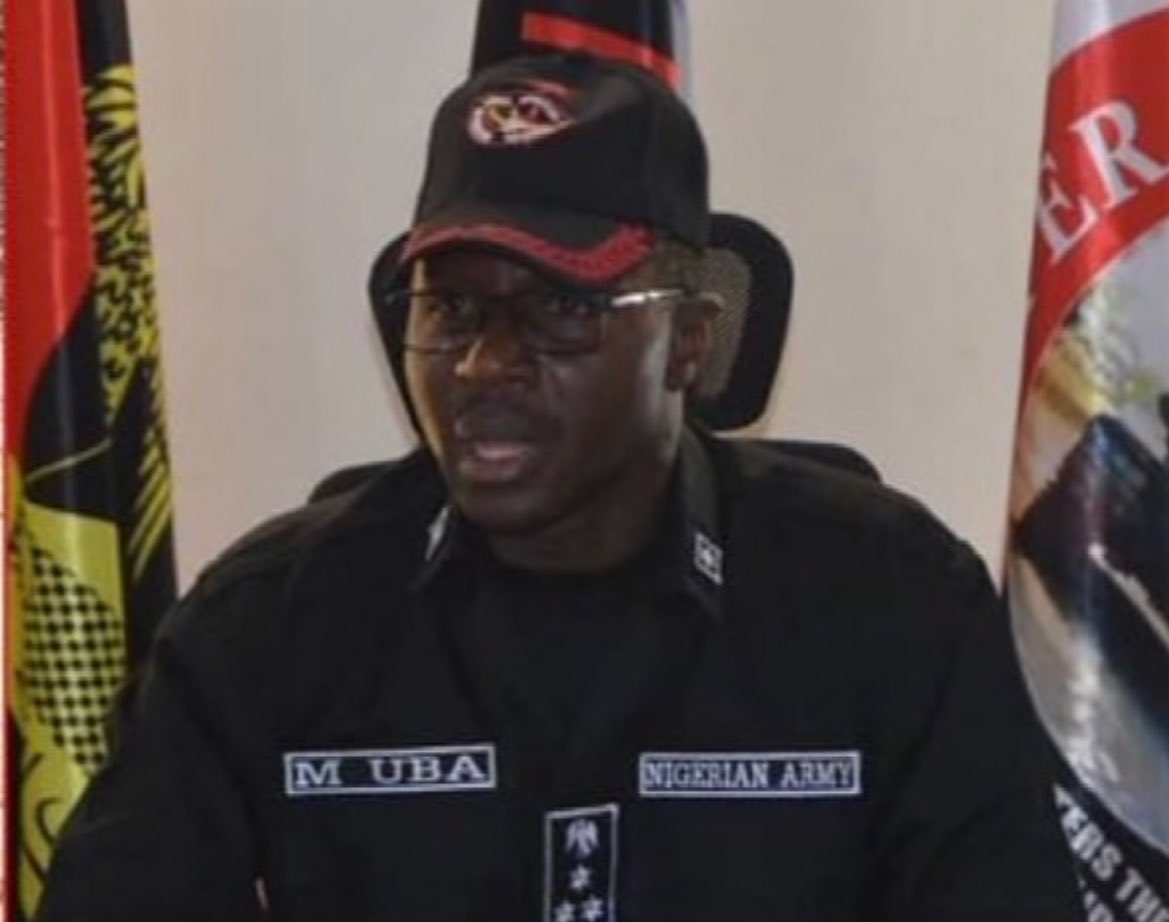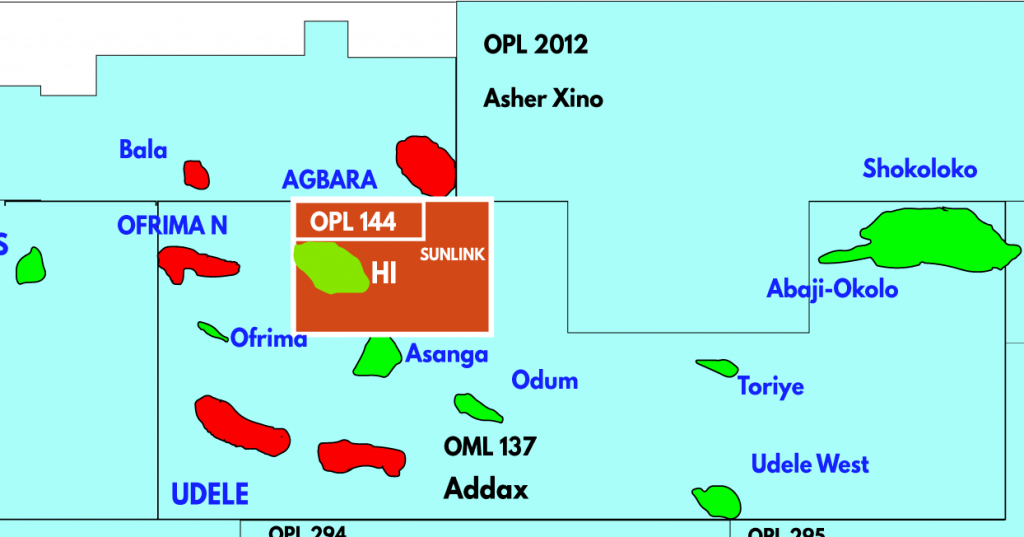Gas pipeline thieves threaten future investments
Published on 2025 March 26, Wednesday Back to articles
NLNG CEO, Philip Mshelbila
Thieves are now attacking Niger Delta gas pipelines which adds a new dimension to the security situation in Nigeria’s oil producing region. They are targeting gas and condensates which are lighter to refine than crude in the makeshift refineries that dot the region and are mainly operated by locals.
This development has reportedly been triggered by the improved security around the oil pipelines which forced the professional oil pipeline thieves to change tactics. Despite the necessary higher expertise and more expensive equipment that is needed to steal from gas pipelines, they are apparently doing it so well that they have severely impacted the Nigeria Liquified Natural Gas (NLNG) Limited which operates the country’s largest LNG plant.
On 5 March the NLNG’s CEO, Philip Mshelbila, disclosed that only two of its six trains were working. This is because the pipeline vandalisation has cut its gas supplies by as much as 80% which led to a 40% fall in it exports last month.
This latest development poses several significant challenges for Nigeria. The immediate risk is that it could delay the completion of the NLNG’s Train 7 Project that began construction in June 2021 which, when completed, will increase total production from 22 Million Tonnes Per Annum (MTPA) to 30 MTPA. At the time of commission, the plant was to attract US$10 billion in new investments with a completion date initially fixed for 2024 but this has now been delayed. The concern is that, if the current six trains are now struggling to operate at full capacity, the seventh could be delayed and future expansion plans put on ice unless the government finds a way to curb the new trend of gas pipeline vandalisation.
Then there is also the risk of the government ambitious target of more than tripling the production of condensates. In December the Minister of State for Petroleum Resources, Heineken Lokpobiri (b.1967), said that said that Nigeria is planning to increase oil and condensate production to 3.0 million b/d by the end of 2025. To get around its official OPEC quota, which is currently fixed at about 1.5 million b/d, it will try and ensure that half of the total is condensates which are not subject to OPEC quotas but this target looks very ambitious.
The targeting of gas pipelines has bigger long-term risks because of the negative impact it has on attracting investment in the exploitation of Nigeria’s vast but largely untapped gas reserves This is especially important given that electricity supplies largely depend on gas and there is a huge domestic and export market that Nigeria has been unable to tap into.
This excerpt is taken from Nigeria Focus, our monthly intelligence report on Nigeria. Click here to receive a free sample copy.The March 2025 issue of Nigeria Focus also includes the following:
Spotlight
- Is Tinubu relying heavily on Wike and Akpabio for hi re-election in 2027?
- Implications
- Ibok-Eke Ibas: the man chosen to run Rivers State
Politics
- El-Rufai’s defection risks disrupting the APC
- PDP’s revival hopes fade with Supreme Court judgement
Economy
- Faster economic growth is good news for Tinuby
- Numbers
- Tax reforms reach final stages
Oil & Gas
- Dangote pressures government to renew Naira-for-crude deal
- Thieves targeting gas pipelines threaten future investments
Security
- Herdsmen killings increase tensions in the Southwest



